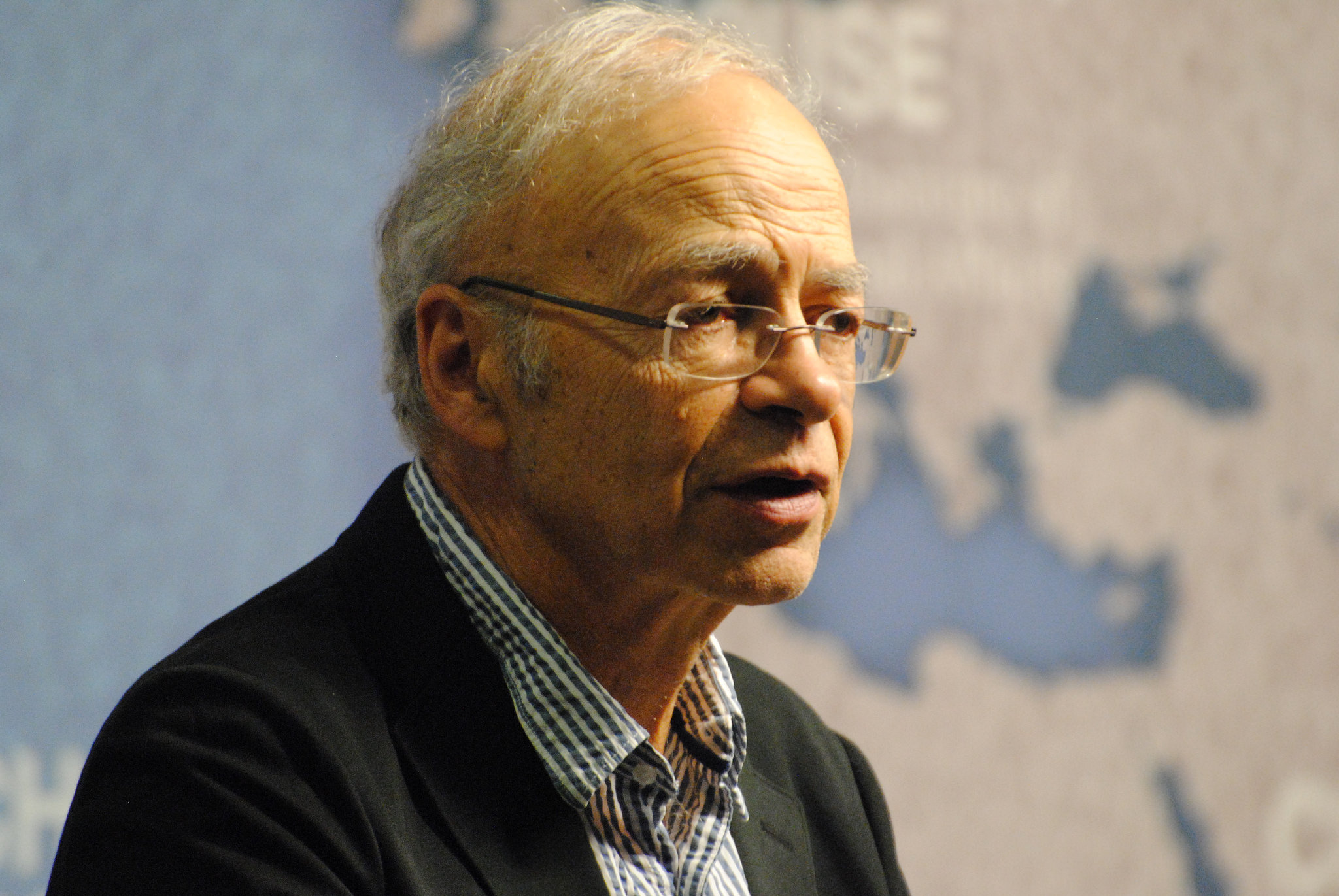A new journal bankrolled by 40 academics promoting academic freedom has been criticised for allowing anonymous entries. However, the founders have hit back at claims The Journal of Controversial Ideas is provocative.
In an open letter, academics Jeff McMahan from the University of Oxford, Francesca Minversa from the University of Ghent and Peter Singer from Princeton University and the University of Melbourne defended the as-yet-unrealised project. They described it as an “ideologically diverse” platform which will allow academics the right to publish work without fear of backlash.
They were responding to vocal critics, including The Guardian columnist Nesrine Malik who has written an op-ed citing the journal as part of a “damaging pattern of provocation” – but the founders insist their project will safeguard freedom of speech.
Journal is to Enable Vulnerable Academics
 Image via Francesca Minversa
Image via Francesca Minversa
“Our aim in establishing the journal is only to enable academics,” the founders wrote. “Particularly younger, untenured, or otherwise vulnerable academics – to have the option of publishing under a pseudonym when they might otherwise be deterred from publishing by fear of death threats (which two of us have received in response to our writings), threats to their families, or threats to their careers.
“Pseudonymity is optional, not required. Our intention is to publish only articles that give carefully developed reasons, arguments and evidence in support of conclusions that some may find offensive or pernicious. We will not publish work that is polemical, intentionally inflammatory or ad hominem. These aims and constraints have consistently guided our own writing.”
Critics say Journal will be Provocative and ‘Fan Flames’
 Image via Flickr
Image via Flickr
The academics have hit back at critics like Nesrine Malik who claimed the journal “will only fan the flames” of a “damaging pattern of provocation followed by rejection of criticism as hysteria.”
“The demand for freedom of speech tends to be used as a demand for freedom from consequence for the speaker,” Malik wrote. “Calling someone a contrarian is often a way of validating a professional bigot.
“Subtext, rather than context, is everything. One of these new words is ‘controversial’ and its derivatives. ‘Provocateur’ is another. ‘Provocateurs’ have ‘controversial’ opinions that inspire ‘robust’ debate. You see how there is no clue or indication as to the value, quality or intent of these ideas; their entire merit is that they are polarising.”
However, in a plain-talking response, the academics implied Malik’s conclusions about the project had gone too far. “We would like to correct her misrepresentations of our project,” they said.
What About Freedom of Speech?
 Image via Wikipedia Commons
Image via Wikipedia Commons
The academics’ letter continued: “At present, there is no Journal of Controversial Ideas. There are only our plans and intentions, and a group of about 40 academics who have agreed to be on our editorial board. These are the only facts about our journal.”
Freedom of speech allows individuals and groups the opportunity to speak freely about their ideas. Article 19 of the 1948 Universal Declaration of Human Rights states that: “Everyone has the right to freedom of opinion and expression.”
However, it’s important to remember that freedom of speech can be limited in certain circumstances. While offensive speech is not prohibited, the Public Order Act 1986 criminalises racial hate speech in England and Wales. There are also other limits on freedom of speech, including inciting hatred on the basis of sexual orientation.
What role The Journal of Controversial Ideas will play in the debate over freedom of speech remains to be seen.







